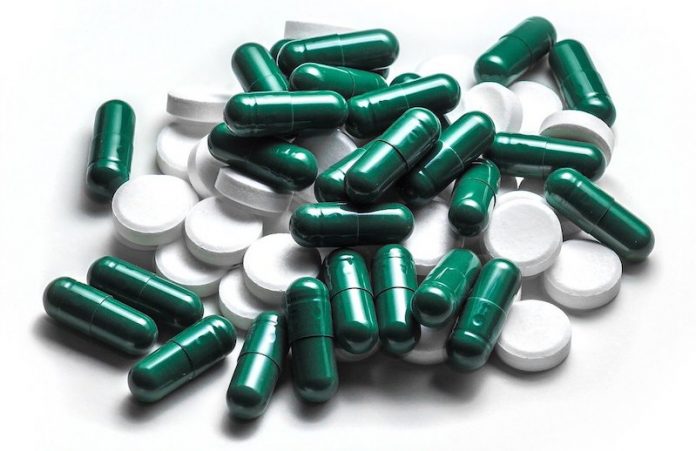In two new studies, researchers found that two anti-inflammatory compounds are capable of accelerating recovery from COVID-19.
They found the monoclonal antibody eculizumab and an experimental drug called AMY-101 had strong anti-inflammatory effects that contributed to a faster recovery by severe COVID-19 patients.
The two medications were administered separately. The monoclonal antibody, routinely used to treat blood diseases, was tested on patients at the teaching hospital in the University of São Paulo.
AMY-101, a candidate drug developed by US-based pharmaceutical company Amynda, was given to patients at a hospital in Milan, Italy.
Both produced promising results, but because AMY-101 is cheaper and performed better in the clinical trial, the scientists envisage testing it on a larger number of patients in Brazil.
They concluded that the therapeutic benefits of eculizumab and AMY-101 were due to inhibition of a bloodstream cascade of proteins involved in immune response and known as the complement system.
The research was conducted by scientists at the University of Pennsylvania and the University of São Paulo.
Many patients have the exacerbated inflammatory response to COVID-19 infection characterized by a systemic increase in pro-inflammatory cytokines and often referred to as a “cytokine storm.”
This process can result in inflammatory damage to the walls of blood vessels surrounding vital organs, potentially culminating in multiple organ failure.
Previous studies had shown the use of complement inhibitors to be a promising way to ameliorate thromboinflammation in COVID-19 patients, and there were reports of cases with positive results.
However, no one had evaluated the efficacy of drugs already in use to treat diseases caused by complement alterations, such as eculizumab, or candidate drugs with this function such as AMY-101.
To fill the gap, the researchers conducted two clinical studies in which they compared the biological efficacy of eculizumab with that of the synthetic peptide AMY-101 in independent small groups of severe COVID-19 patients.
Ten patients aged between 18 and 80 were undergoing treatment. Once a week while hospitalized, they were given 900 mg of eculizumab, which inhibits the complement protein C5.
Three patients hospitalized in Milan, Italy, were given 5 mg of AMY-101, developed to inhibit complement protein C3, also once a week.
These two proteins perform the most important activities in the complement system.
The team showed that eculizumab and AMY-101 elicited a robust anti-inflammatory process, a sharp fall in levels of C reactive protein (CRP) and interleukin-6 (IL-6), and a marked improvement in lung function.
Inhibition of C3 by AMY-101 afforded broader therapeutic control, stronger recovery, and more robust attenuation of the inflammation induced by the exacerbated response to viral infection.
The results of the clinical trials showed that inhibiting components of the complement system sharply reduces inflammation.
In light of the promising results of the two clinical trials, the researchers now plan to conduct a Phase 3 trial with more than 100 severe COVID-19 patients, who will be given only AMY-101 in an effort to assess the drug’s efficacy on a wider scale.
One author of the study is Rodrigo Calado.


